Prisoners encouraged to change their lives thanks to art awards
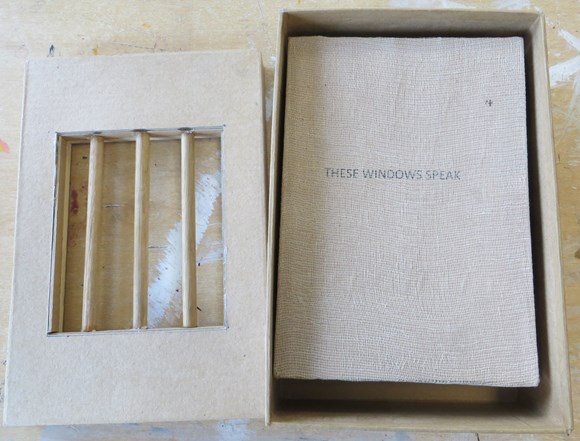
Each year the Koestler Awards acknowledge inspiring pieces of art created by prisoners in the United Kingdom, with prizes handed out across 50 categories including Fine Art, Craft and Design, Performance and Audio, Film and Animation and Writing.
Fife College delivers learning in 13 centres located in Scottish Prison Service facilities throughout Scotland, and staff worked with learners in custodial settings to submit a range of creative works to the Awards, with a total of 513 entries submitted from all establishments.
Of these submissions, 224 pieces of art were recognised in categories such as stage play, film, poetry, fiction and singer songwriter works. In addition, visual arts were represented through drawing, sculpture, printmaking, calligraphy, and graphic design.
One-off craft and creative works such as woodcraft and handmade books also received a number of awards, and learners working digitally were also awarded through their computer-generated music making and hip-hop and rap recordings.
Entries are assessed by over 100 experts from different fields, with judges in recent years including Turner Prize-winning artist Jeremy Deller, Poet Laureate Carol Ann Duffy and documentary-maker Louis Theroux.
Every entrant receives a participation certificate, and awards and prizes ranged from Platinum Awards of £100 to a first time entry award of £25 – all of which are allocated to local prison common good funds, where it is then discussed how the money should be best allocated to the benefit of all in custody.
Audrey Mitchell, who is the lead for Fife College’s work in prisons, said:
“It’s amazing to see how art can inspire our prison learners.
“Each year we work with hundreds of individuals in our prisons and encourage them to explore their creative side and submit an entry into the Koestler Awards.
“It can be whatever they choose – a painting, a sculpture, poetry, or even music that they’ve written or recorded.
“Our aim is to always use an individual’s time in prison to help inspire and encourage them down a different path.
“These awards are a great outlet for them, and we were delighted to see so many of them have their work recognised by the judging panel.
“Thanks also to all of our learning centre teams who continue to support and engage our learners through creative and innovative projects.”
One of the Platinum Award winners from HMP Glenochil said that entering the awards had built their confidence:
“One of my favourite parts in entering Koestler is the feedback cards. This builds your confidence and makes you want to do more.
“They encourage you to keep going as people enjoy your work, and you can keep the cards to reflect back on if you are having a bad day.”
Another prisoner from HMP Glenochil was awarded the top prize after combining his poetry with the work of an illustrator:
“Poetry is often a lonely affair, so a project of collaboration between poets and illustrators was a fantastic innovation. I saw my piece brought to life through the eyes of another, offering new perspectives on what had become a joint creation.
“Bringing all of these endeavours into one beautifully crafted artefact is what artistic communication can truly be about.”
A prisoner from HMP Greenock was given the Platinum Award for his stage play, and is now hoping it could be performed in the future:
“I was more surprised than anything else, it still hasn’t really sunk in yet.
“I have entered Koestler a few times over the years and just really like getting the feedback from them that’s my motivation to do it, to gain feedback from people who work within the creative industry.
“This year as well as the Koestler feedback, the Synergy Project in London had wanted to perform my stage play. I know that lockdown stopped that happening but maybe in the future it could.”





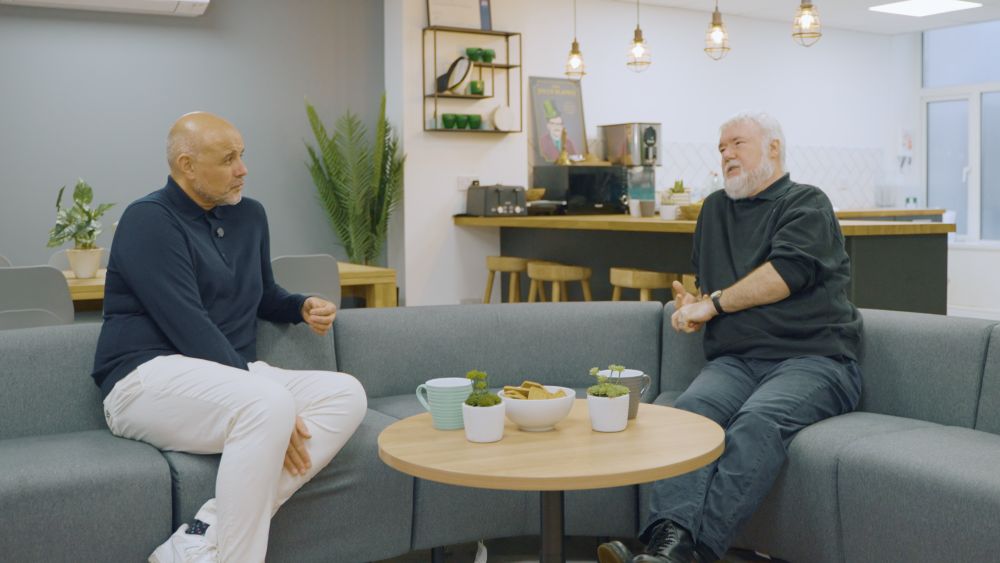
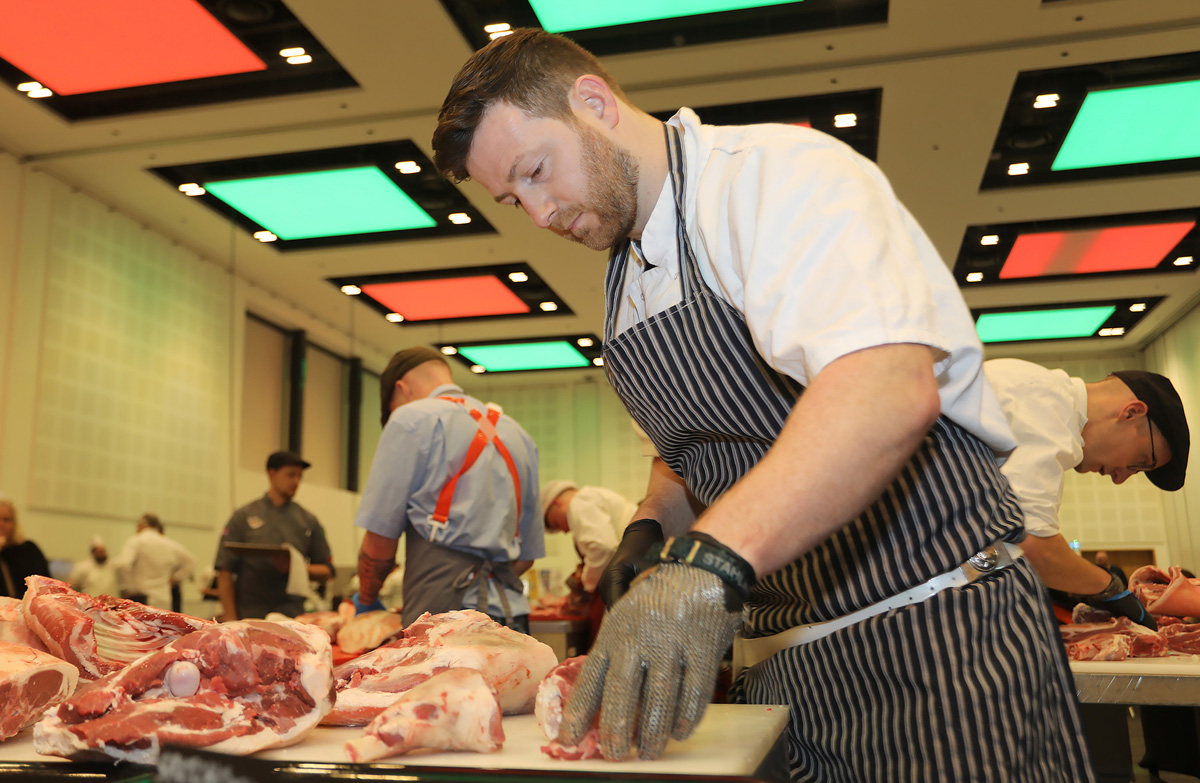

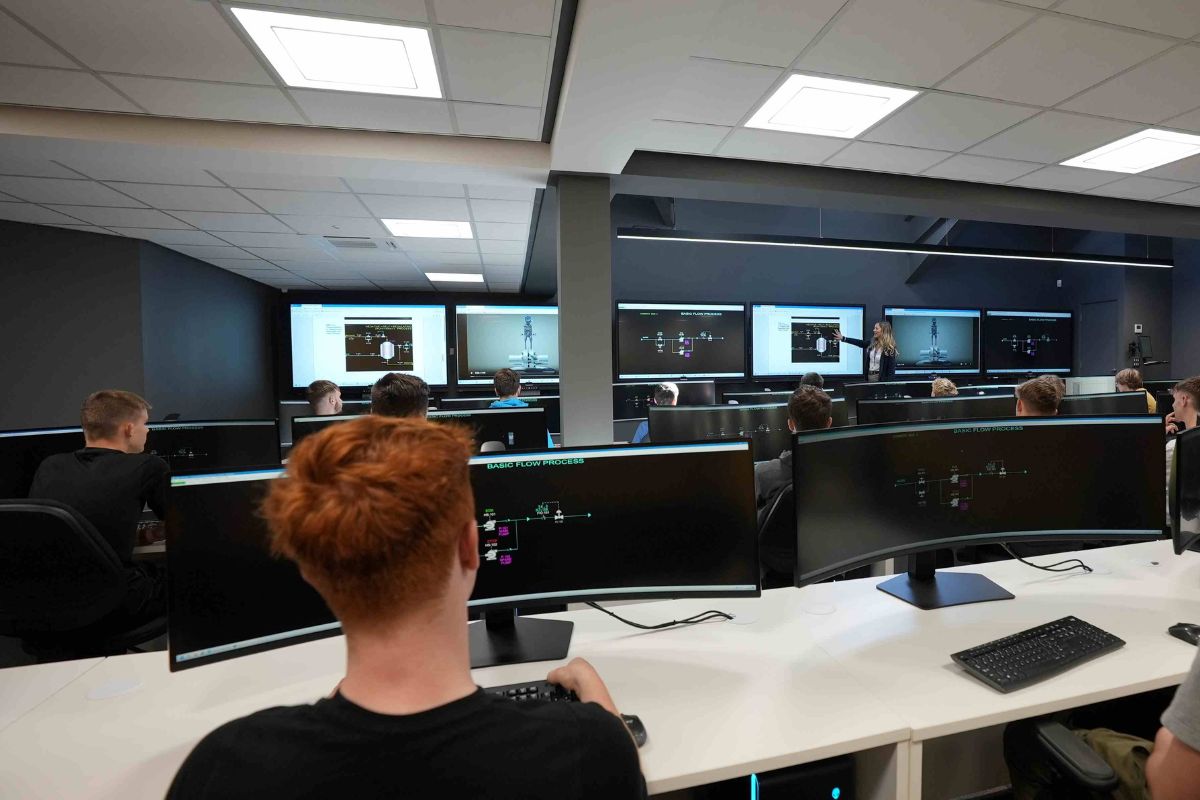

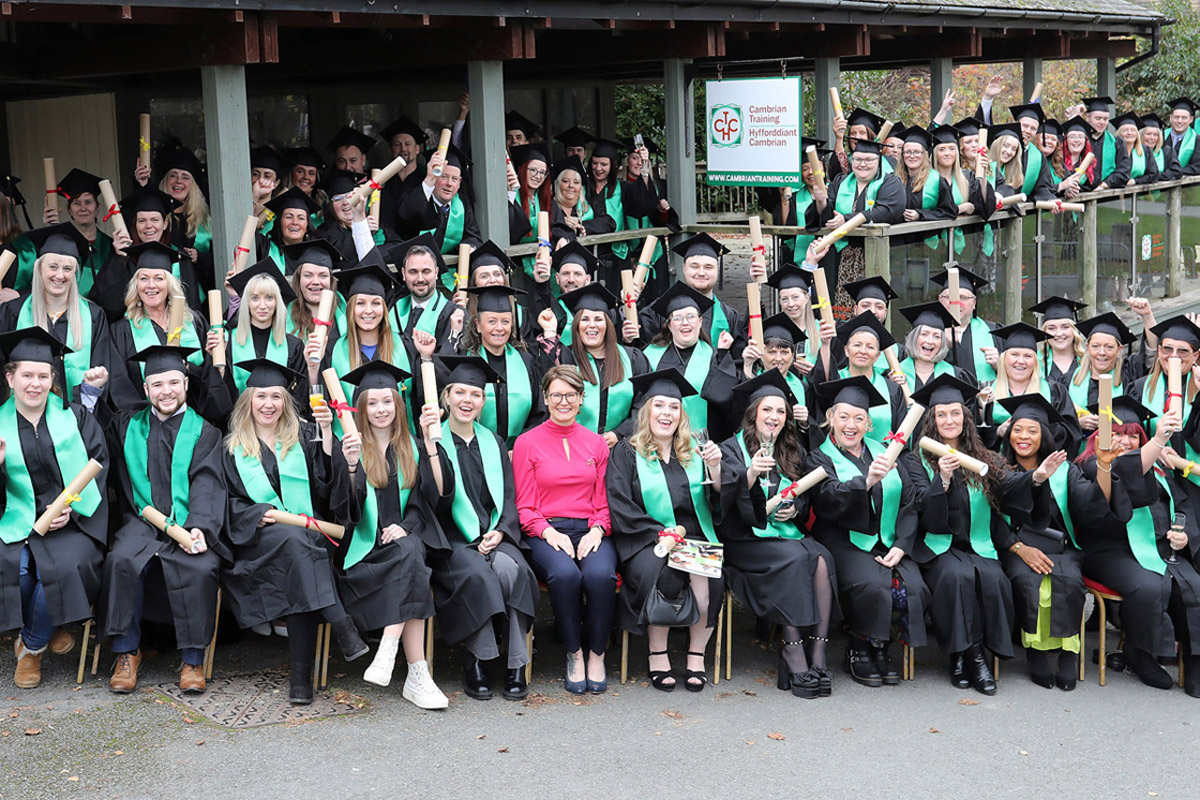
Responses